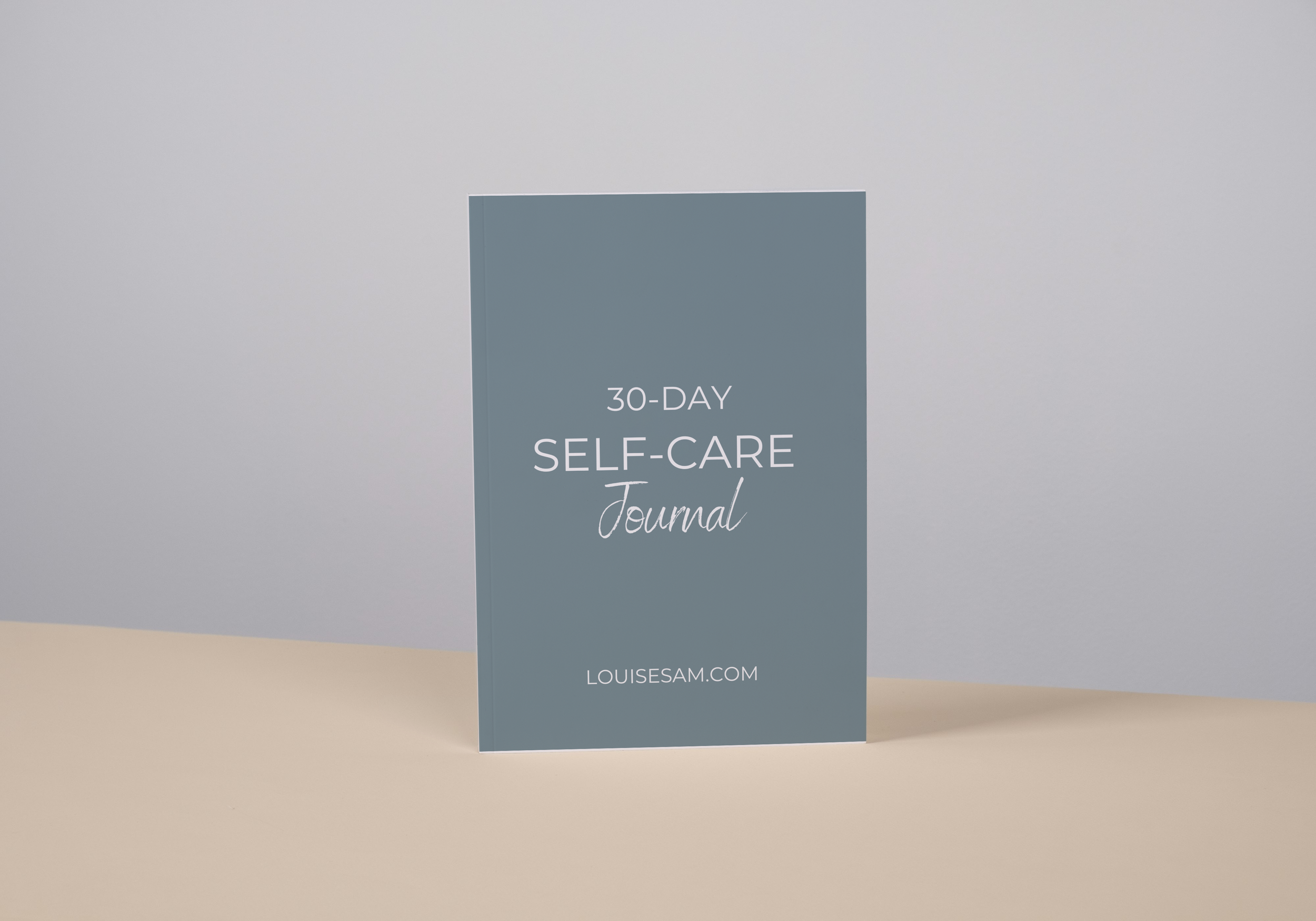Stress Awareness Month
April is Stress Awareness Month. Stress may affect us all at some point in our lives or we may know someone who has experienced episodes of stress. The way in which stress manifests can vary significantly from headaches, digestive disturbances, chest pain, insomnia, jaw tension. Long term stress may cause or exacerbate chronic health conditions such as heart disease, irritable bowel syndrome or fibromyalgia.
The term ‘stress’ comes from physics and refers to the magnitude of force exerted on an object that causes deformation. The term was borrowed by the physician Hans Selye who applied the principle to effects of stress on the body. Selye proposed that stress is "nonspecific response of the body to any demand placed upon it to adapt, whether that demand produces pleasure or pain." Stress is the inability to cope with a perceived or real threat to our physical, emotional, or mental health, our well-being, financial stability, etc. The resulting stress response or fight, flight and freeze response includes increased heart rate, reduced digestive function, increased blood sugar levels and increased breath rate.
The General Adaptation Syndrome (GAS) highlights the various stages the body goes through following exposure to a stressor. Prolonged exposure can lead to chronic health conditions, depression and an impaired immune system.
Identifying triggers
Many of us can identify when we might experience episodes of stress – after a busy week at work, Christmas, around exam time. By pinpointing these times, we can ensure to have tools in place to support our mental and physical health.
Adapting to stress
Living without stress in our lives is impossible and we don’t necessarily want to. As mentioned, the stress response can occur during events in which we find pleasure – the birth of a child, a first date. Once we identify stressors, we can develop tools to cope with the stress response.
No (wo)man is an island
No one should have to face dealing with stress by themselves. Although it may manifest differently in each person, stress can lead to overwhelming feelings of isolation, particularly if we do not feel heard or understood. Developing a strong support network of people you can trust may be invaluable.
30-Day Self-Care Journal
While we can’t remove all of the stressful triggers out of our life, we can change our response to them. This 30-Day Self-Care Journal is filled with daily reflections, prompts and activities to nurture your mind, body, and spirit.




























Mercury in retrograde gets a bad rap and causes many people to retreat into their homes. Do we need to take a step back and rethink how we view this chaotic time?